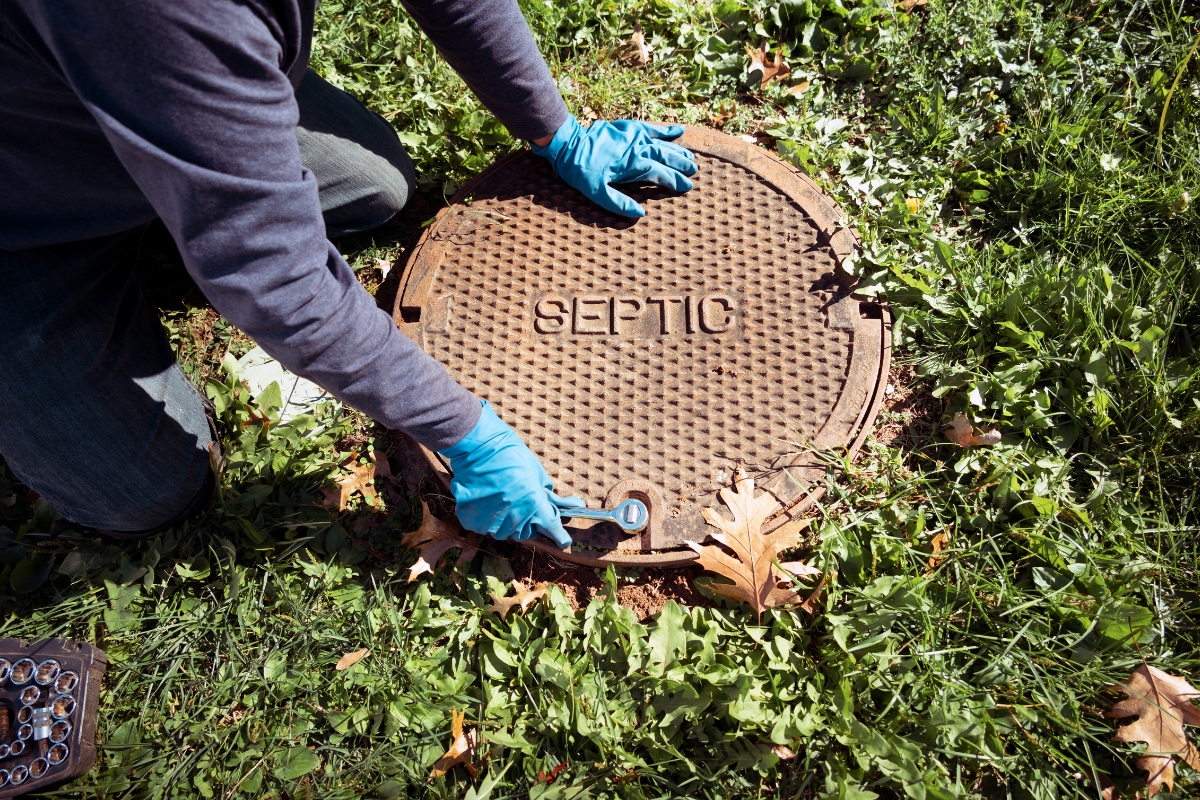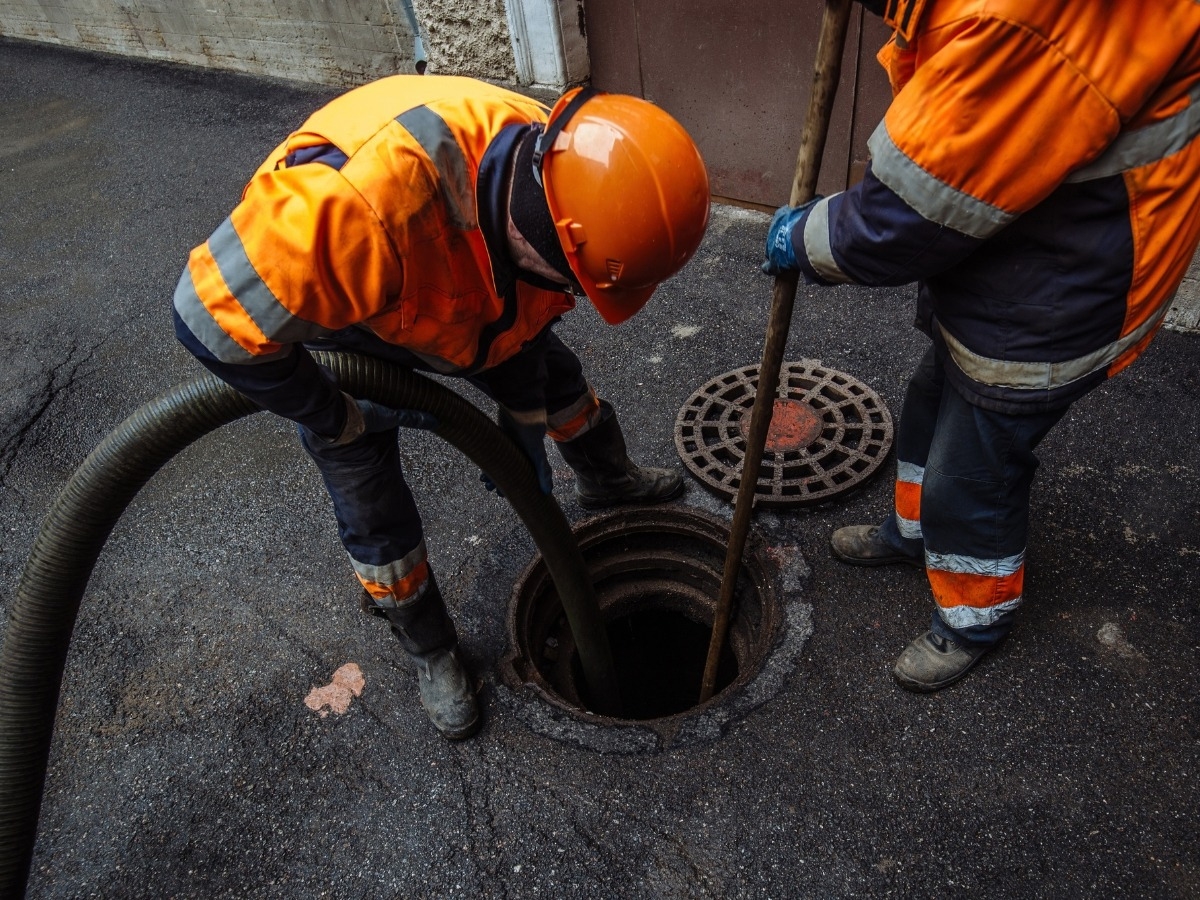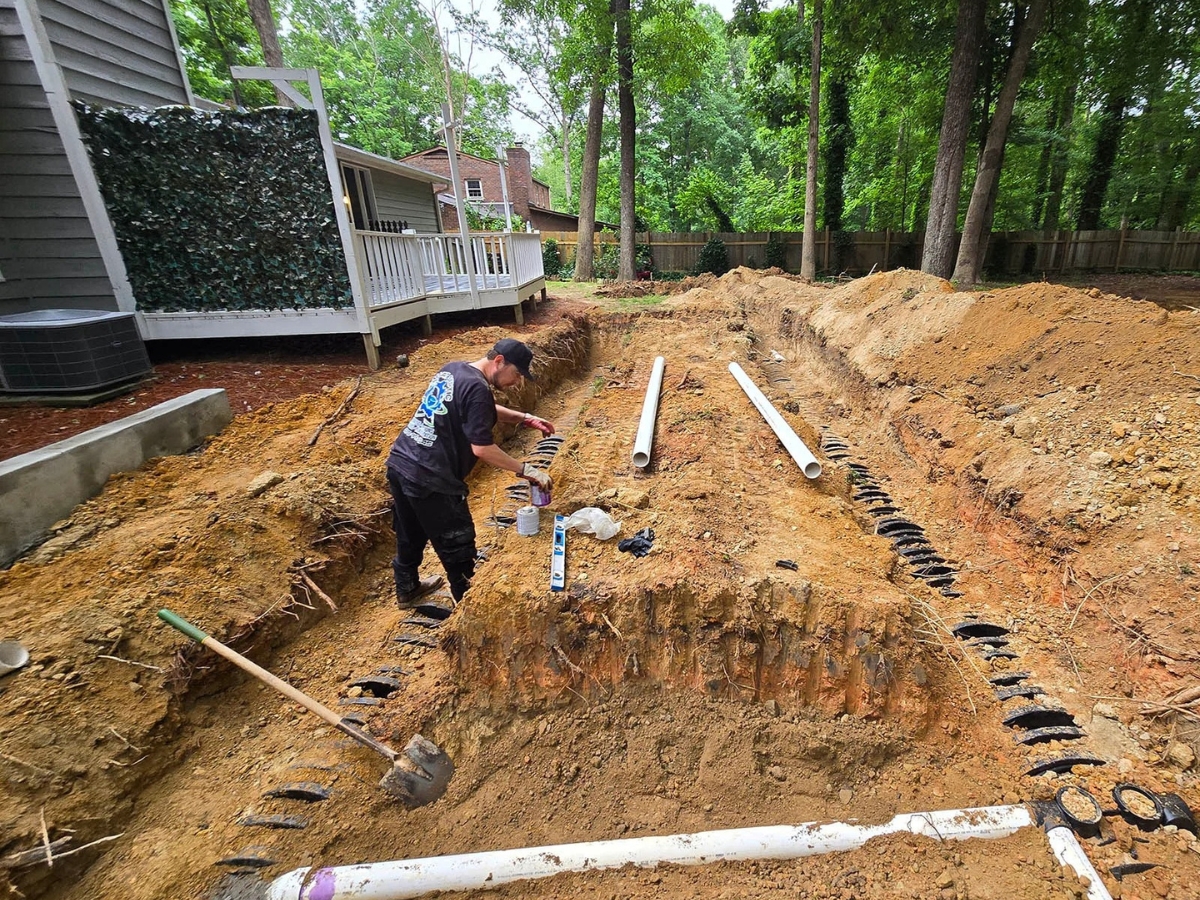Innovation is a driving force that propels us towards a cleaner, more sustainable future. Imagine a world where septic systems are not only efficient but also environmentally friendly, where cutting-edge technology transforms what was once a mere necessity into a revolutionary solution.
This is where advanced septic systems come in, where traditional methods make way for groundbreaking innovations that are shaping the way we manage wastewater. From intelligent monitoring systems that optimize efficiency to eco-friendly designs that minimize environmental impact, the landscape of septic technology is undergoing a paradigm shift.
Join us on a journey through the evolution of septic systems, where sustainability meets sophistication, and conventional wisdom is challenged by bold new ideas. Welcome to a world where advanced septic systems are not just a solution but a revolution in the making.
The Future of Waste Management: Exploring Advanced Septic Systems
Smart Monitoring Systems: Real-time Data for Optimal Efficiency
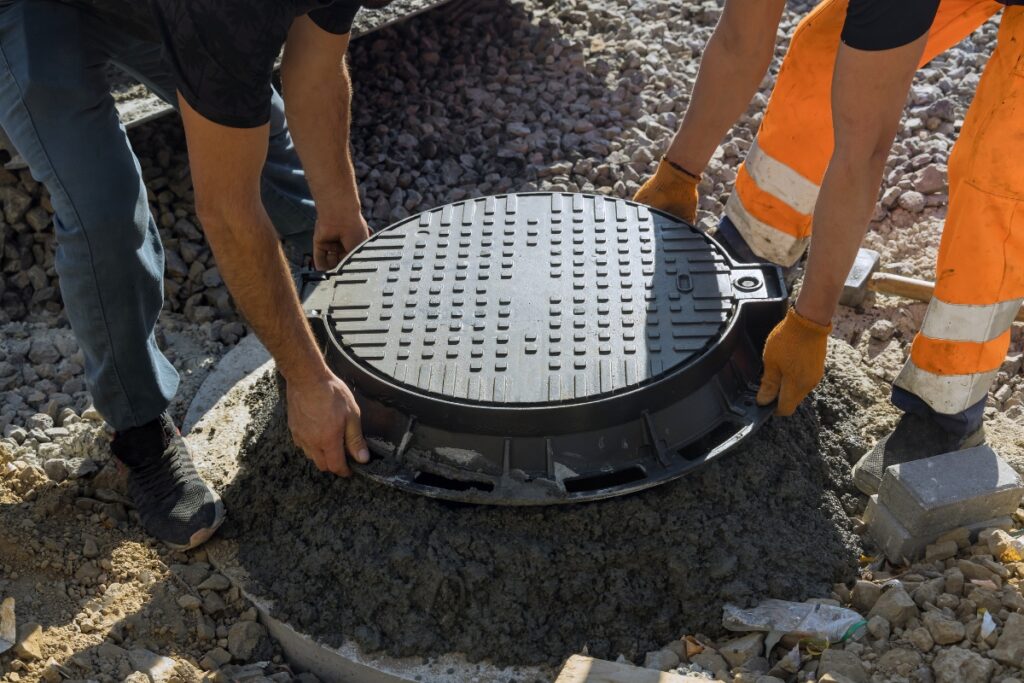
One of the key advancements in advanced septic systems is the integration of smart monitoring systems. These systems utilize real-time data to optimize the efficiency of septic operations. By constantly monitoring various parameters such as water levels, flow rates, and pressure, these systems can detect any anomalies or issues that may arise.
With the help of advanced sensors and connectivity options, smart monitoring systems provide valuable insights into the functioning of septic systems. They can alert homeowners or septic maintenance personnel about potential problems before they escalate, allowing for timely intervention and preventing costly repairs.
Moreover, these monitoring systems enable remote access to septic system data. Homeowners can conveniently check the status of their septic system through a mobile app or web portal. This not only provides peace of mind but also allows for better management and scheduling of maintenance activities.
The integration of smart monitoring systems in advanced septic systems is a game-changer in terms of efficiency and convenience. It ensures that septic systems operate optimally while minimizing the risk of failures or malfunctions.
Eco-Friendly Designs: Minimizing Environmental Footprint
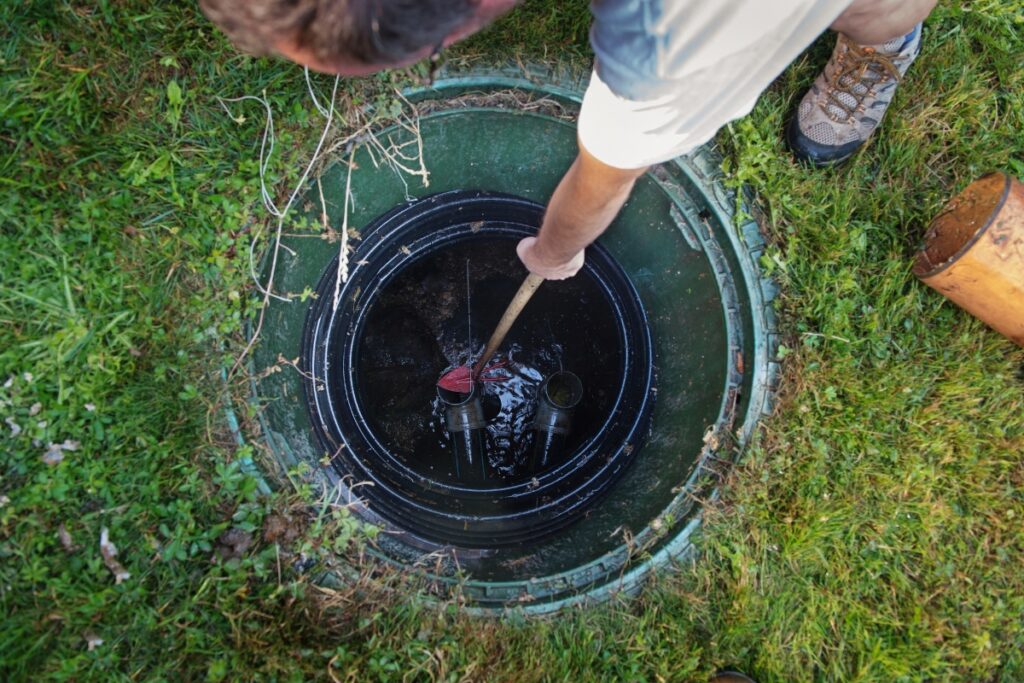
In an era where environmental sustainability is paramount, advanced septic systems are designed with eco-friendliness in mind. These innovative designs aim to minimize the environmental footprint associated with traditional septic systems.
One notable feature is the incorporation of advanced treatment processes that enhance the breakdown and removal of contaminants from wastewater. Aerobic treatment units (ATUs) are often used in advanced septic systems to facilitate this process. ATUs introduce oxygen into the wastewater, promoting microbial activity that accelerates decomposition.
In addition to improved treatment processes, advanced septic system designs also focus on reducing water consumption. Water-saving features such as low-flow fixtures and dual-flush toilets are commonly integrated into these systems. By conserving water, advanced septic systems contribute to overall water conservation efforts.
Furthermore, the use of sustainable materials and construction practices is another aspect of eco-friendly designs. From the selection of environmentally friendly materials to the implementation of energy-efficient components, every aspect is carefully considered to minimize the impact on the environment.
Aerobic Treatment Units: Enhancing Treatment Processes
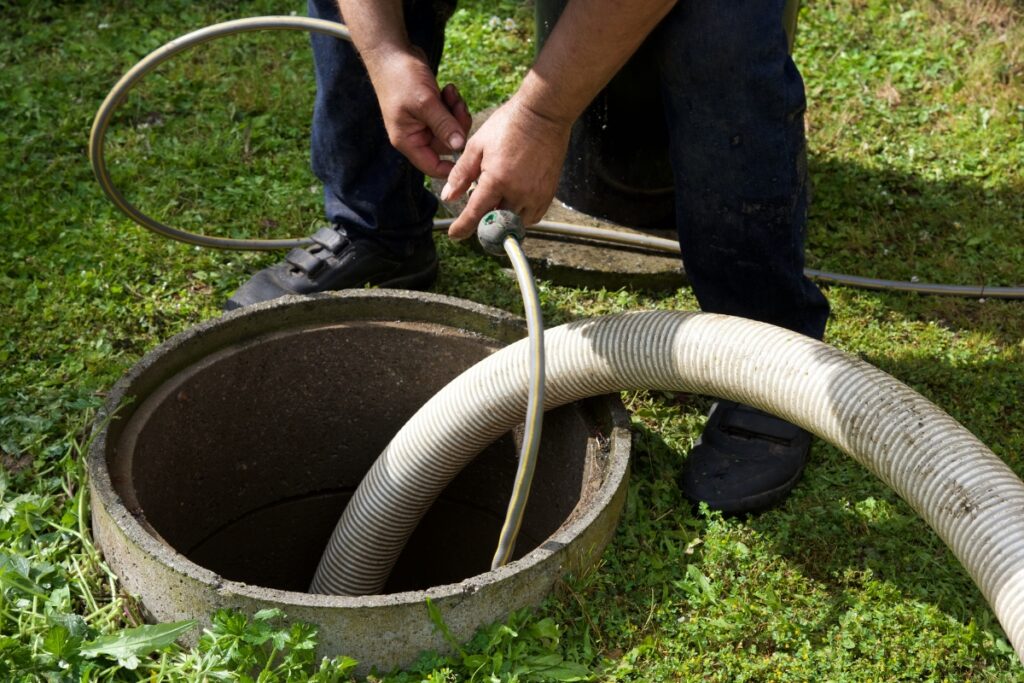
Aerobic treatment units (ATUs) play a crucial role in enhancing the treatment processes of advanced septic systems. These units introduce oxygen into the wastewater, creating an aerobic environment that promotes the growth of beneficial bacteria.
The bacteria present in ATUs break down organic matter more efficiently compared to traditional anaerobic processes. This results in a higher level of treatment and improved effluent quality. The treated wastewater can then be safely discharged or reused for non-potable purposes such as irrigation.
ATUs are designed to provide optimal conditions for microbial activity. They often incorporate features such as aeration devices and media filters that facilitate the breakdown of contaminants. The controlled environment within ATUs ensures consistent performance and reliable treatment outcomes.
By incorporating aerobic treatment units into advanced septic systems, wastewater can be treated more effectively, leading to cleaner effluent and reduced environmental impact.
Nutrient Removal Technologies: Improving Water Quality
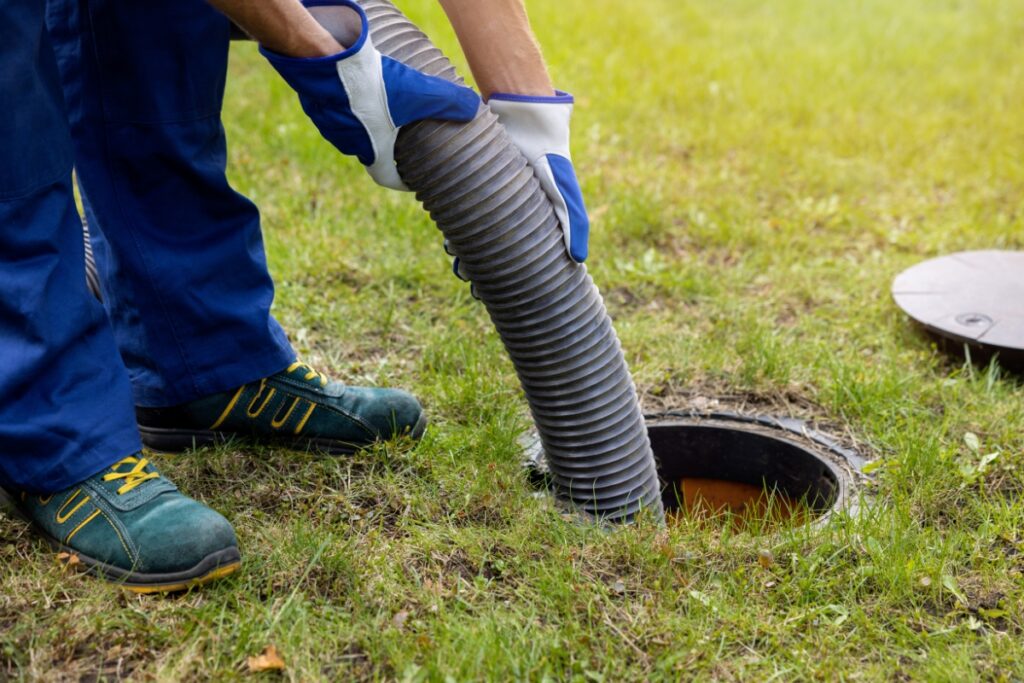
One of the key challenges associated with traditional septic systems is nutrient pollution. Excessive levels of nutrients such as nitrogen and phosphorus can have detrimental effects on water bodies, leading to eutrophication and harmful algal blooms.
Advanced septic systems address this issue by incorporating nutrient removal technologies. These technologies utilize various processes such as denitrification and phosphorus adsorption to remove excess nutrients from wastewater.
Denitrification involves the conversion of nitrate into nitrogen gas, which is released harmlessly into the atmosphere. Phosphorus adsorption, on the other hand, utilizes specialized media or filters to capture and retain phosphorus particles.
By implementing nutrient removal technologies, advanced septic systems contribute to improving water quality and protecting sensitive ecosystems. They help prevent the contamination of groundwater and surface water sources, ensuring a healthier environment for all.
Remote Access and Control: Convenience at Your Fingertips
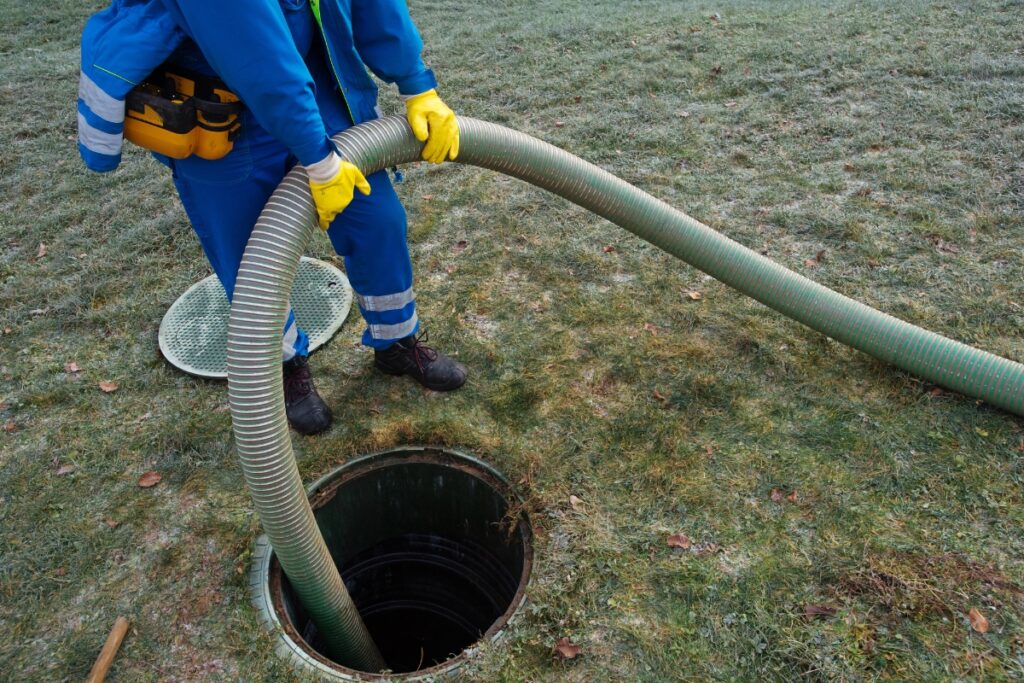
Gone are the days when septic system maintenance required physical inspections and manual adjustments. With advanced septic systems, remote access and control capabilities are now a reality.
Through the use of internet connectivity and smart technology, homeowners can conveniently monitor and control their septic systems from anywhere. Mobile apps or web portals provide real-time data on system performance, allowing users to stay informed about crucial parameters such as water levels and alarms.
This remote access also enables homeowners to adjust settings or perform routine maintenance tasks without physically accessing the septic system. For example, they can schedule periodic dosing cycles or adjust aeration levels with just a few taps on their smartphone.
The convenience offered by remote access and control features not only saves time but also ensures that septic systems are properly managed. Timely interventions can be made in case of any issues or alarms, preventing potential problems from escalating.
Energy-Efficient Solutions: Reducing Power Consumption
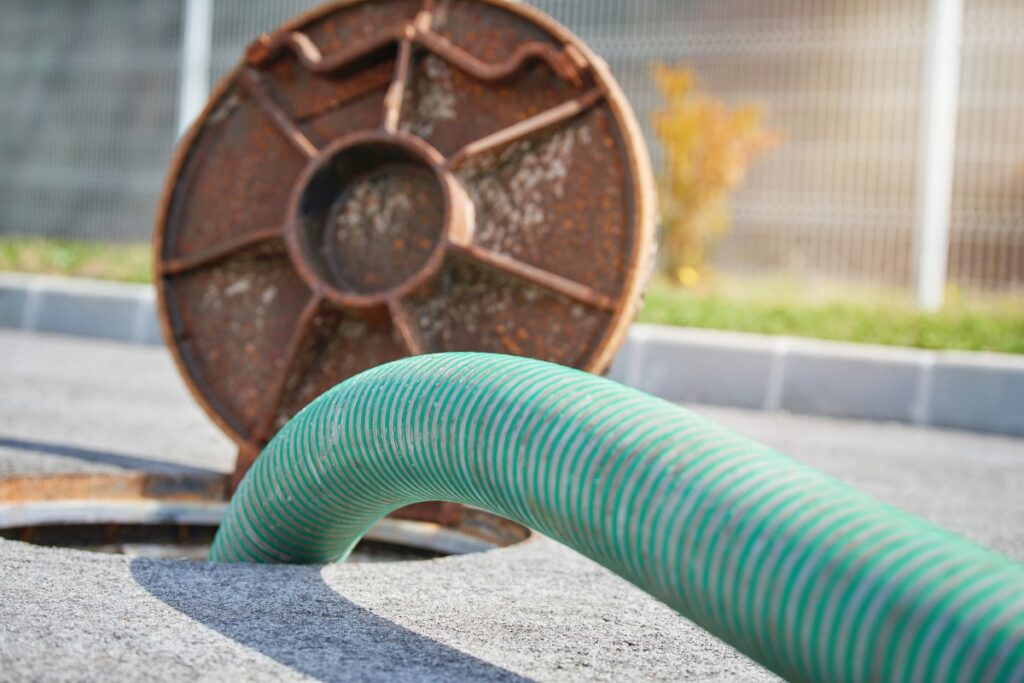
In an era where energy conservation is crucial, advanced septic systems prioritize energy efficiency in their design. These systems employ various strategies to reduce power consumption while maintaining optimal performance.
One common approach is the use of energy-efficient components such as low-power pumps and motors. These components consume less electricity without compromising functionality. Additionally, advanced septic systems often incorporate smart controls that optimize energy usage based on real-time demand.
Furthermore, the integration of renewable energy sources is another aspect of energy-efficient solutions. Solar panels can be installed to power certain components of the septic system, reducing reliance on the electrical grid.
By minimizing power consumption, advanced septic systems contribute to overall energy conservation efforts and help reduce carbon emissions.
Advanced Filtration Systems: Purifying Wastewater to Higher Standards
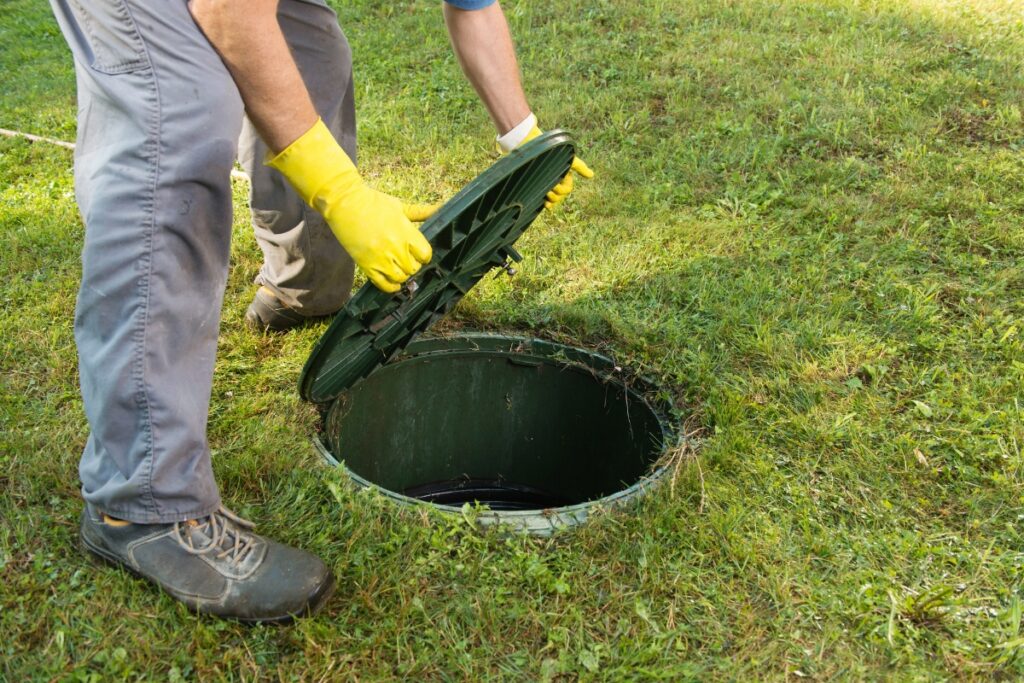
Purifying wastewater to higher standards is a key objective of advanced septic systems. These systems utilize advanced filtration technologies to remove even the smallest particles and contaminants from wastewater.
One such technology is membrane filtration, which employs semi-permeable membranes to separate solids and impurities from water. This process ensures that the treated effluent meets stringent quality standards and can be safely discharged or reused.
In addition to membrane filtration, other advanced filtration methods such as activated carbon adsorption and UV disinfection may also be incorporated into these systems. These additional treatment steps further enhance the purification process, ensuring that the effluent is free from harmful substances.
The use of advanced filtration systems in septic technology raises the bar for wastewater treatment, promoting cleaner water sources and protecting public health.
Innovative Disposal Methods: Sustainable Waste Management Practices
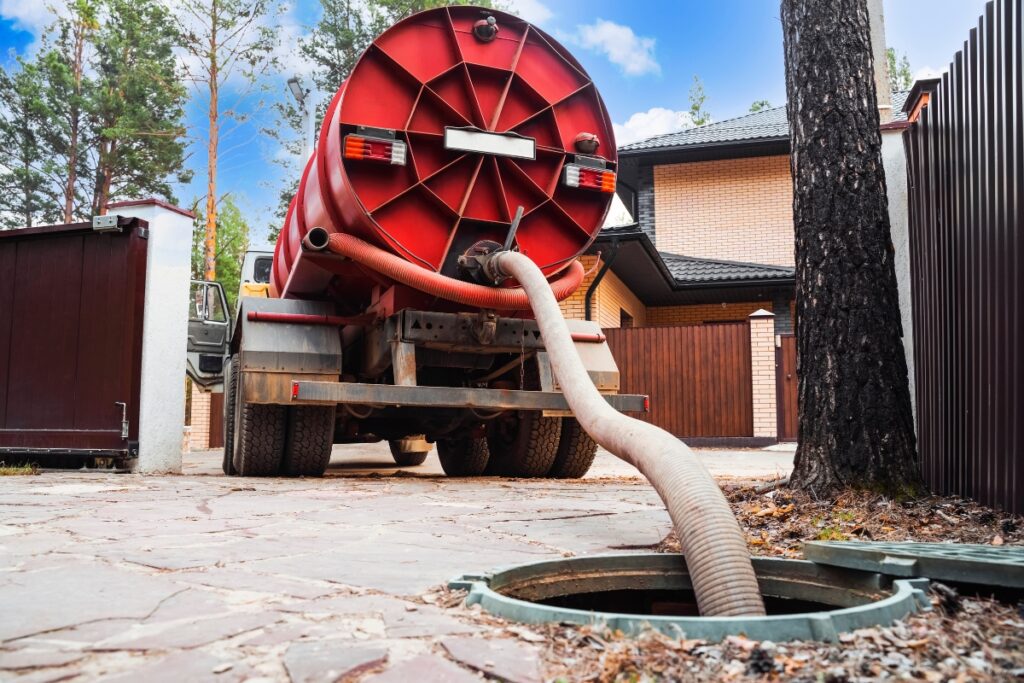
Traditional septic systems often rely on leach fields or drain fields for effluent disposal. While effective, these methods have limitations in terms of space requirements and potential environmental impact.
Advanced septic systems introduce innovative disposal methods that offer sustainable waste management practices. One such method is drip irrigation, where treated effluent is distributed through a network of pipes with small emitters that release water slowly into the soil.
This method not only allows for efficient and controlled distribution of wastewater but also promotes the natural filtration and treatment of the effluent as it percolates through the soil. It reduces the risk of contamination and ensures that the wastewater is safely returned to the environment.
Other innovative disposal methods include constructed wetlands, where plants and microorganisms further treat the effluent, and decentralized wastewater treatment systems that serve small communities or individual properties.
By embracing these sustainable waste management practices, advanced septic systems contribute to a cleaner environment and a more sustainable future.
Conclusion: Embracing the Future of Advanced Septic Systems
The world of septic technology is undergoing a remarkable transformation with advanced septic systems leading the way. These revolutionary innovations are revolutionizing how we manage wastewater, combining efficiency, sustainability, and convenience in one package.
Ready to upgrade to the latest innovations in septic technology? Smart Septic Pros is here to help. With our expert septic services, you can enjoy reliable performance and peace of mind. Contact us today at 678-993-4545 or fill out our contact form to schedule a service. Let us revolutionize your septic system for a cleaner, smarter future.
